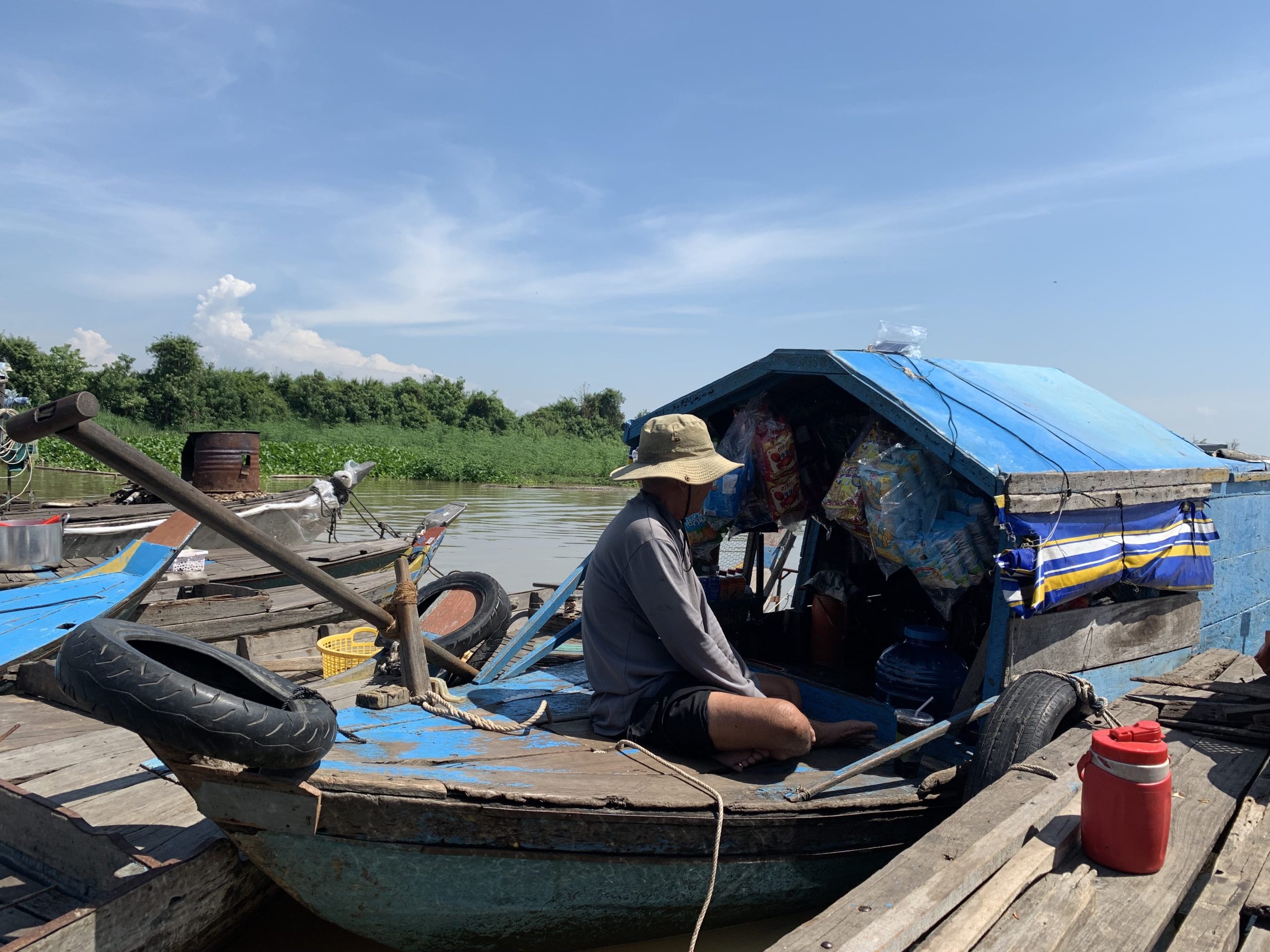1. Citizenship Law
a. Jus Sanguinis and Jus Soli Provisions
Tonga’s Nationality Act, revised in 2016, provides provisions for the conditions on which people may be eligible to become ‘subjects’ (termed ‘citizens’ henceforth) of the Kingdom of Tonga. Tongan citizenship legislation operates through the principle of jus sanguinis with children born either within or outside of the territory considered Tongan citizens if at least one parent is Tongan, as stipulated in Article 2 of the Act. The Act does not explicitly mention stateless persons, children born to stateless parents, or foundlings. There is also no definition of a stateless person included in Tonga’s laws.
b. Naturalized Citizenship
Article 8 of the Nationality Act provides that naturalization can be attained by residing in the territory for five years, having good character and knowledge of the Tongan language, and intends to continue to reside in the Kingdom Tonga. The application requires payment of a fee, a birth certificate, medical certificate, and passport. Decisions on certificates of naturalization are made by the King of Tonga. The Nationality Act does not include provisions specifically for stateless persons applying for naturalization nor does it stipulate a simplified procedure to do so. In fact, the requirement of a passport in order to apply for naturalization bars stateless persons from eligibility entirely.
c. Dual Citizenship
Tonga’s national legislation does not provide provisions stipulating dual citizenship.
2. Treaty Ratification Status
Tonga has very low rates of treaty accession. The only treaty bodies which have been ratified by Tonga are the ICERD and CRC with no relevant reservations.
In 2019, the CRC Committee in its concluding observations has expressed concerns about birth registration for children subject to customary adoption and children on the outer islands. The Committee was also concerned about the requirement to re-register a child’s birth as “legitimate” after the marriage of the parents. It was recommended that Tonga strengthen the capacity of health services in outer islands and repeal requirements of re-registration under the Legitimacy Act. By ratifying the CRC, Tonga is obligated to ensure that every birth is registered immediately.
| Country | Stateless 1 | Stateless 2 | Refugee | ICCPR | ICESCR | ICERD | CRC | CEDAW |
|---|---|---|---|---|---|---|---|---|
| Tonga |



